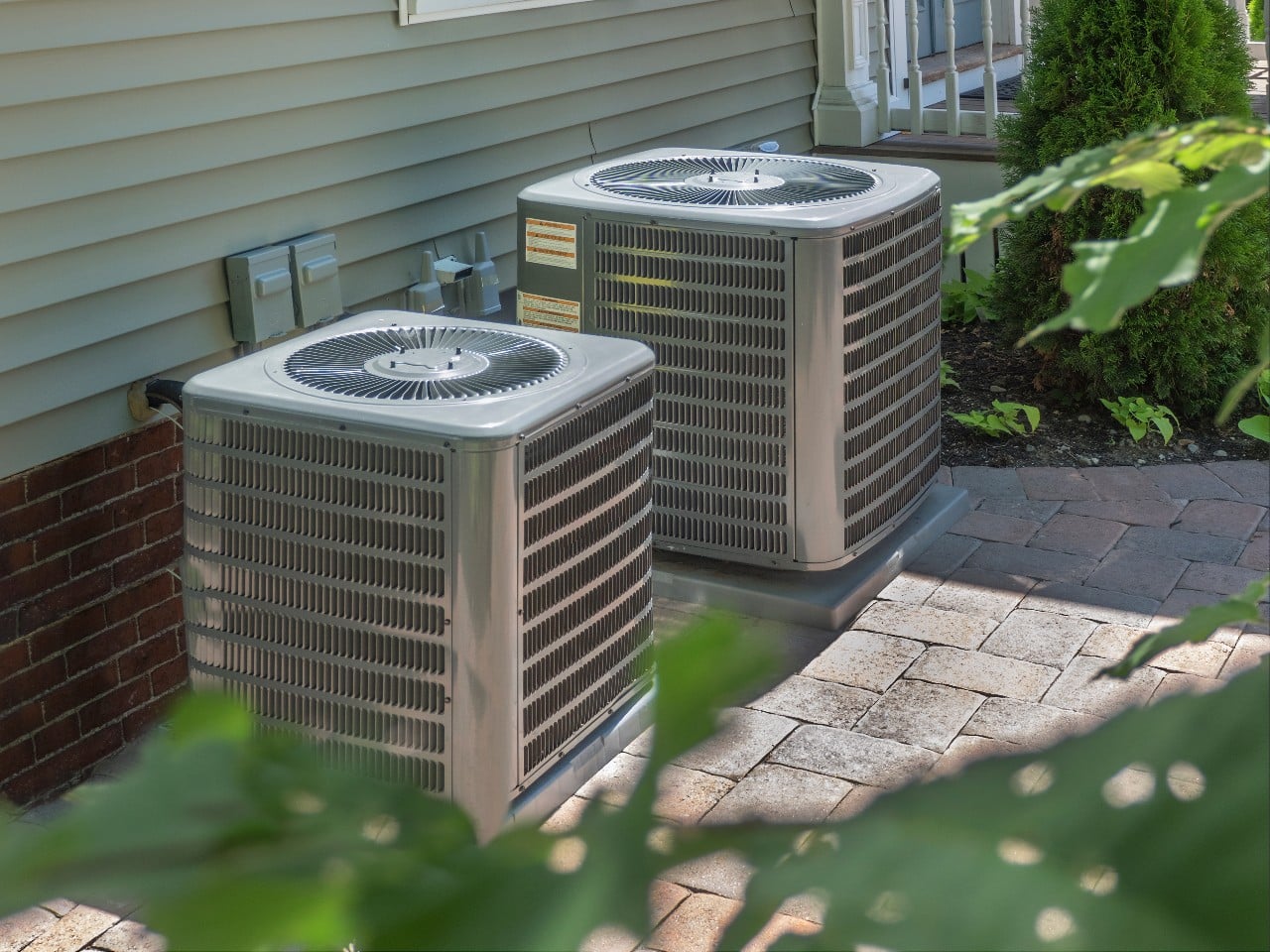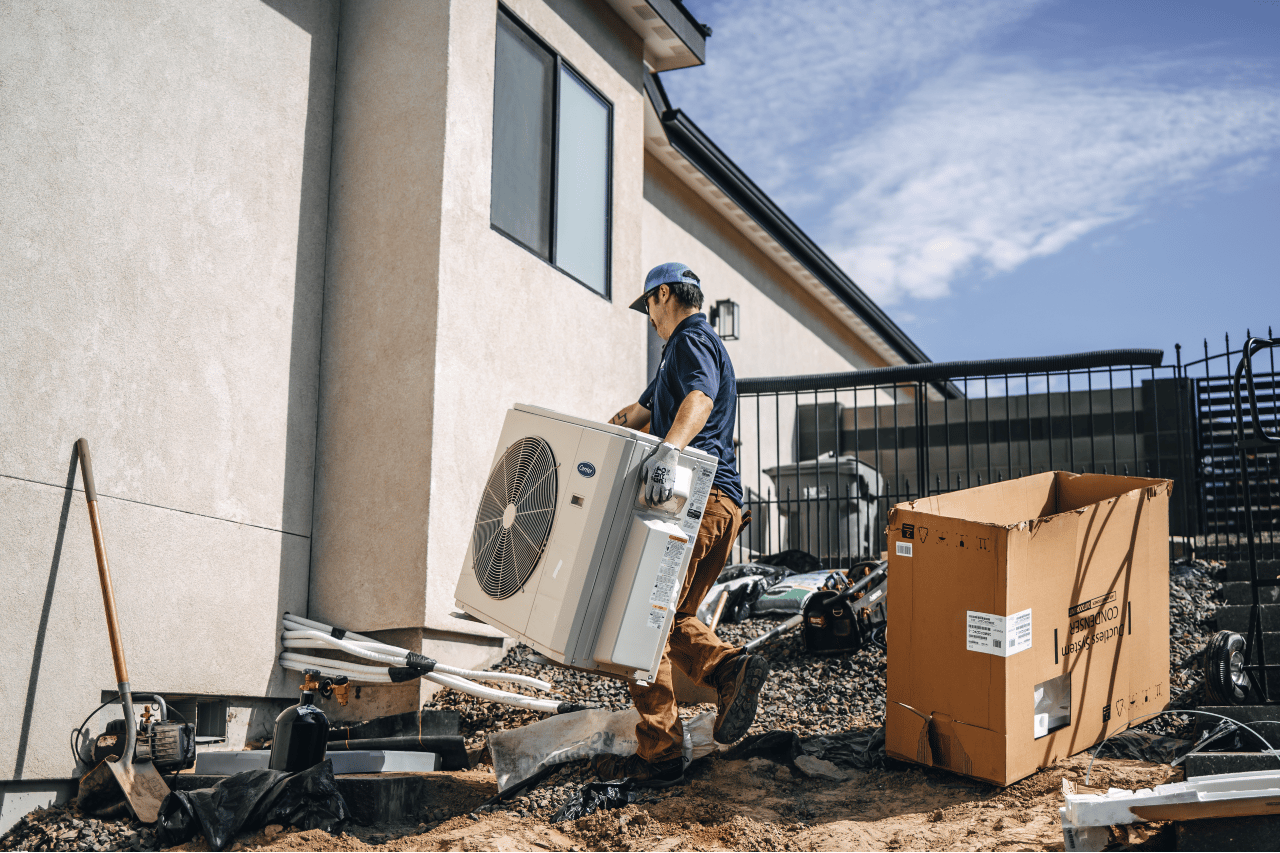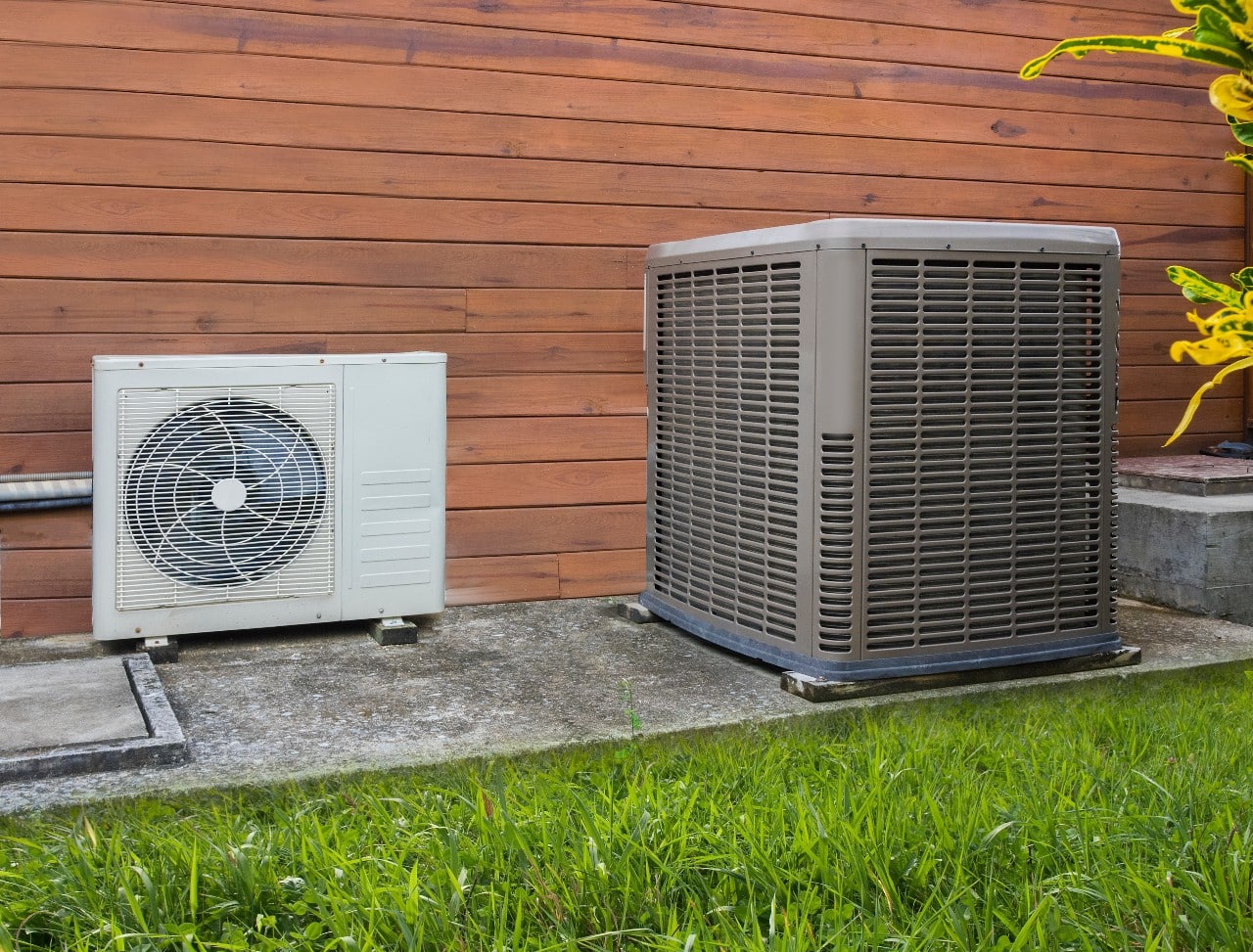The Average Life Expectancy of an HVAC System
As a homeowner, there are many expenses that you have to plan for, and they include major appliances, electrical and plumbing issues, furniture, and landscaping. But one of the most important and expensive costs associated with homeownership is the purchase of an HVAC system. So, it makes sense that you want to optimize the number of years it will last. Like with anything else, getting the most value from your HVAC unit matters.
The question then becomes, what is the average HVAC life expectancy?
How do you know when it is time to replace your old heating and cooling system? How often should a furnace be replaced? Is it worth it to pay for regular maintenance for your HVAC unit?
Typical Life Expectancy of an HVAC Unit
In general, the vast majority of HVAC systems will last 15 years to 25 years. The number of years can significantly vary based on the type of system, maintenance service that has been done, and other relevant factors.
Even if you always keep up with routine maintenance and upgrades, the most high performing furnaces, boilers, heat pumps, and air conditioners will eventually stop operating. It is unusual for any HVAC system to last much longer than 25 years.
Main Factor for Determining HVAC System Lifespan
While there are steps you can take to lengthen the lifespan of an HVAC unit, the type of energy system you have is the most relevant factor to consider. From air conditioners to furnaces, how many years of duration you enjoy will be different for each of these types of HVAC systems.
 Air Conditioners
Air Conditioners
The typical air conditioner will give you 15 years to 20 years of life. However, some may only last 10 years. Living near the coast tends to shorten the lifespan of an A/C unit, as a result of exposure to salt.
For both air conditioners and heat pumps, they are normally replaced when the compressor malfunctions or the condenser develops a lot of corrosion and leaks.
Furnaces
If you keep current with proper maintenance, your gas furnace will usually last 20 years to
25 years. Most often what happens is that a furnace is replaced when the heat exchanger begins to leak. The heat exchanger is the most important – and most costly – component. If your gas furnace is poorly maintained, then it could last only a decade.
It is worth noting that oil furnaces will normally last 10 years to as long as 15 years. The main longevity factor with an oil furnace is maintenance problems caused by inefficient fuel.
Boilers
As far as HVAC life expectancy goes, boilers will give you much longer life than furnaces. You could expect to enjoy your boiler for up to 35 years, and at minimum more than 25 years.
However, if the heat exchanger starts to leak, the boiler will have to be replaced.
Heat Pumps
When it comes to HVAC life expectancy, you’ll find that heat pumps will typically last
10 years to 20 years. How long you have your heat pump will depend significantly on the frequency of usage. The average amount of life expectancy is 15 years.
From a functional perspective, heat pumps are like air conditioners, however, because they are capable of providing both heating and cooling, they are normally used for longer time spans every year. If you live in a coastal region, anticipate your heat pump to fail prematurely, with a usual life expectancy of seven to 12 years.
Ductless Mini-Splits
If you are wondering what the HVAC life expectancy is for ductless mini-splits, it is a fairly wide range. Similar to heat pumps, ductless mini-splits provide heating and cooling, with a typical lifespan of 10 years to 30 years. You can expect a shorter lifespan if you live along the coast.
Other Factors that Affect HVAC Life Expectancy
Maintenance
Clearly, there is a huge difference between your HVAC unit lasting just 10 years, or for as long as 30 years. One primary factor that will impact the HVAC life expectancy is regular maintenance. Routine maintenance is the key to prolonging the life of your HVAC unit.
Here are some maintenance recommendations for all types of HVAC systems:
- Schedule annual or seasonal tune-ups
- Change filters regularly
- Clean and remove debris from outside components
- Inspect and replace refrigerant as necessary
Adhering to these maintenance service checklist items will help to ensure that you avoid expensive heating or A/C repairs. You’ll also enjoy a longer HVAC life expectancy, and you can stay comfortable all year long.
In the meantime, here are major occurrences that could potentially shorten the lifespan of your HVAC system:
- Oversizing or undersizing the system
- Improper installation procedures
- Improper usage, such as heating or cooling with windows and doors open
- Poor initial quality or defective components
- Exceptionally high usage or high loads
- Installation in salty or corrosive environments, like coastal areas
Along with ignoring regular maintenance, oversizing is the other most likely factor that will negatively impact the HVAC life expectancy.
Look to Apollo Heating and Air Conditioning for Expert AC Installs & Maintenance
 Look to the HVAC experts at Apollo to ensure your energy system is in excellent condition and operating at optimal efficiency so you can stay cool and comfortable next summer. Our experienced team of highly trained technicians will work with you and exceed your expectations during HVAC repairs and A/C unit replacements.
Look to the HVAC experts at Apollo to ensure your energy system is in excellent condition and operating at optimal efficiency so you can stay cool and comfortable next summer. Our experienced team of highly trained technicians will work with you and exceed your expectations during HVAC repairs and A/C unit replacements.
Apollo field technicians will work closely with you in deciding what HVAC system is the best, and tailor it to fit your unique needs and preferences! We are committed to delivering premium quality HVAC service, maintenance, products, and documentation in Kennewick, Pasco, Richland, and beyond!
Learn more by contacting Apollo Heating and Air Conditioning! Call us at (509) 396-COLD (2653).

